Frühlingstournée 2024
17.-30. April 2024
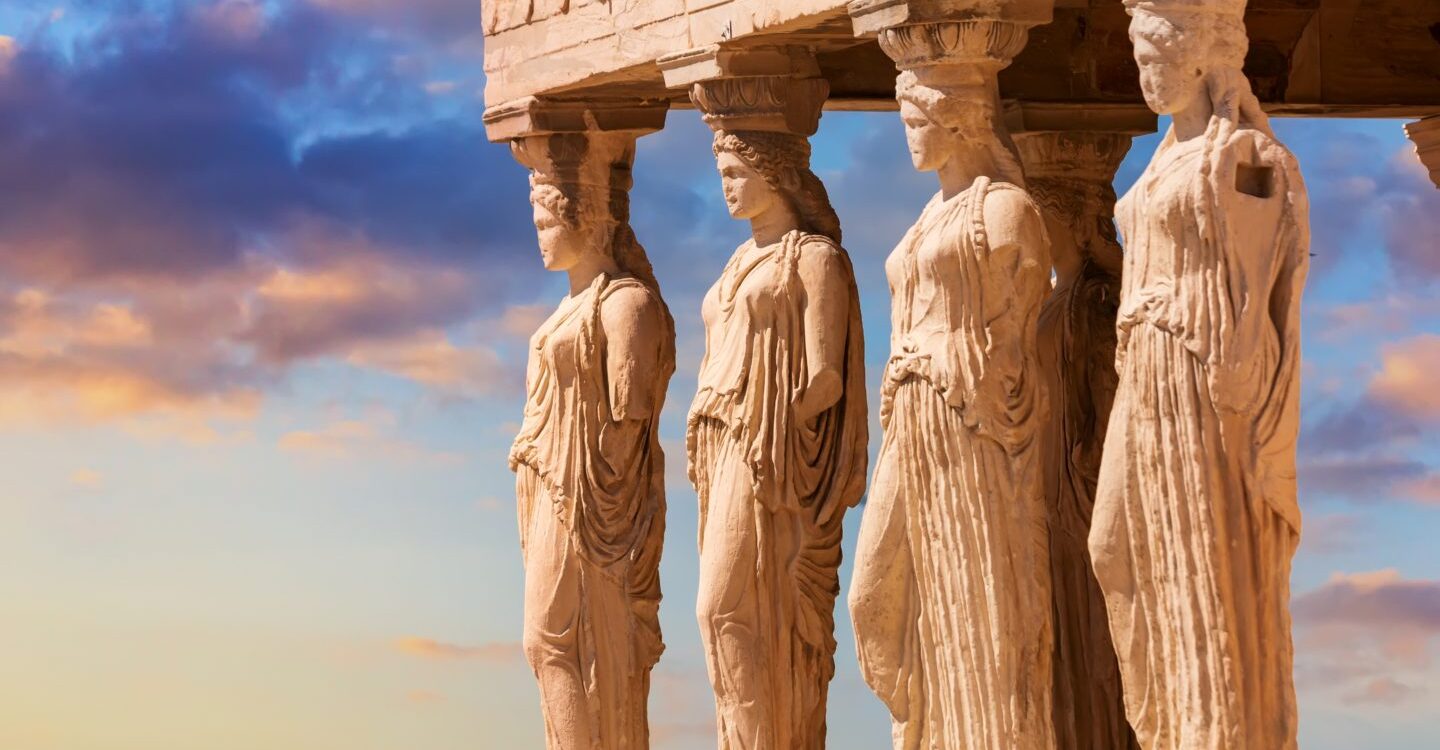
Programme
Sie treffen mehr Informationen zu diesem Projekt hierunter auf Englisch:
This tour is made up of three very contrasting projects – the first in Athens with Constantinos Carydis and Jan Lisiecki followed immediately by a short tour to Spain and Germany with Joshua Bell and finally to the Budapest Spring Festival with Miklós Perényi and Ben Gilmore – altogether highlighting the Orchestra’s strengths and flexibility.
Firstly, the COE travels to Athens where it will be joined by Greek conductor Constantinos Carydis and Canadian pianist Jan Lisiecki. Together they will perform works by Schnittke, Koukos, Shostakovich, Beethoven and Ives on 20th April. Contstantinos has created a programme of contrasts and relationships. The concert will start in darkness with Schnittke’s Präludium in memoriam of Dmitri Shostakovich for two violins, featuring Steven Copes and Lucy Gould. As the light increases on stage and without a break, the Orchestra will perform Koukos‘ Adagio for String Orchestra (1993), a piece which is an almost direct transcript from the composer’s cantata „The Persians“, based on Aeschylus’s tragedy of the same name. This slow and elegiac work acts as a bridge between the dark Präludium and the equally dark, but also wild Prelude and Scherzo op. 11 by Shostakovich which is performed again without break following on from the Koukos Adagio.
Jan Lisiecki then joins the COE in Beethoven’s Piano Concerto No. 4, which is followed by Shostakovich’s short Prelude No. 3 from Twenty Four Preludes for Piano, Op. 34.
After the interval, the COE will perform Charles Ives‘ Hymn: Largo Cantabile, followed by Beethoven’s Symphony No. 4. Like his Piano Concerto No. 4, the symphony is relaxed, lyrical, playful and serene and as Robert Schumann said (the fourth symphony is): “A Greek slender maiden between two northern giants” (the 3rd and 5th Symphonies). As a quasi encore after the Symphony, the Orchestra will perform Five Greek Dances by Skalkottas in his string orchestra version; dances that echo the dance elements of the Beethoven Symphonies 4th movement. Here Skalkottas (just like Koukos previously) acts as a folk music researcher within a tonal framework in contrast to his usual dissonant twelve-tone language.
After its Athenian adventures, the COE is joined by Joshua Bell in Murcia, Spain, where they will rehearse and perform Beethoven’s Egmont Overture, Symphony No. 4 and Brahms’s Violin Concerto on 23rd April. We travel to Zaragoza on the 24th and to Ludwigsburg on the 26th. Joshua Bell will assume three different positions in these concerts: he will direct the Orchestra from the Leader’s seat in the Overture, as the soloist in the Concerto and at the front of the orchestra as conductor/director in the Symphony. The COE is very much looking forward to performing with Joshua again since their last project together in 2015 with Emmanuel Krivine.
The Orchestra then continues on to Budapest to open the Spring Festival with Miklós Perényi and Ben Gilmore 29th April with a concert at Budapest’s Italian Cultural Institute. This concert also celebrates the 20th anniversary of Hungary’s accession to the EU. The concert will be directed by Ben Gilmore who has also devised the programme: Veress’s Four Transylvanian Dances, Haydn’s Cello Concerto in C, Liszt’s Angelus! Prière à l’ange gardien (arranged for string orchestra) and Bartok’s Divertimento.
Here is some insight from Ben Gilmore about the programme he devised: „Bartok’s Divertimento is one of the seminal works of the string orchestra repertoire, and of course it is a special honour to play it in Budapest. It is a work that defies categorisation; though it nods to neoclassicism in its title and some of its motivic material, it is also imbued with Bartok’s native folk music, all whilst being an expression of his particular brand of modernism. Sandor Veress’s Transylvanian dances are more purely an exploration of folk idioms, with the clear influence of his teacher Bartok, and yet with a distinctly individual voice.
Haydn was in many ways the founder of what we think of today as the classical style, and yet his cello concerto in C carries strong echoes of the Rococo and the transitional style of CPE Bach, especially in the first movement. Miklos Perenyi is one of today’s most versatile and profound musicians, and it will be intriguing to experience the work from his perspective.
Though Liszt’s Angelus was originally a piano work, it’s textures are perfectly suited to string orchestra, and is a wonderful example of the contemplative and spiritual side of Liszt music that is perhaps less widely known than his stupendous virtuosity. I had the good fortune of playing this piece with my grandfather, the late conductor Lev Markiz, so for me it carries a special meaning.“

Constantinos Carydis
Constantinos Carydis’ recent appearances include performances at the BBC Proms in London‘s Royal Albert Hall with Deutsche Kammerphilharmonie Bremen as well as invitations from Wiener Symphoniker, the Royal Concertgebouw Orchestra Amsterdam, Filarmonica della Scala, Oslo Philharmonic and a new production of Idomeneo at the Bavarian State Opera’s Munich Opera Festival.
The 2023/24 season leads him to orchestras such as the Symphony Orchestra of the Bavarian Radio, Chamber Orchestra of Europe and the Swedish Radio Symphony Orchestra. He will also return to work with WDR Symphony Orchestra, Frankfurt Radio Symphony Orchestra, Mozarteum Orchestra Salzburg and Wiener Symphoniker.
Constantinos Carydis has previously worked with orchestras such as the Wiener Philharmoniker, Berliner Philharmoniker, NDR Elbphilharmonie Orchester, WDR Sinfonieorchester Köln, Deutsche Symphonie-Orchester Berlin, Konzerthausorchester Berlin, Münchner Philharmoniker, Bamberger Symphoniker, Orchestra dell’Accademia Nazionale di Santa Cecilia, Mahler Chamber Orchestra, Tonhalle-Orchester Zürich or City of Birmingham Symphony Orchestra.
As an opera conductor, Constantinos Carydis works with companies such as Bayerische Staatsoper and Oper Frankfurt as well as at the Royal Opera House Covent Garden, Wiener Staatsoper, Staatsoper Berlin, De Nationale Opera Amsterdam, Komische Oper Berlin, Opéra de Lyon and at festivals such as the Salzburger Festspiele, Edinburgh International Festival, Dresden Musikfestspiele, Hellenic Festival in Athens, Enescu Festival in Bucharest and Settimane Musicali di Ascona.
Constantinos Carydis was born in Athens. He studied piano and music theory at the Athens Conservatory and completed his studies in conducting at the Hochschule für Musik und Theater in Munich. In 2011 he was awarded the Carlos Kleiber Prize by the Bayerische Staatsoper.
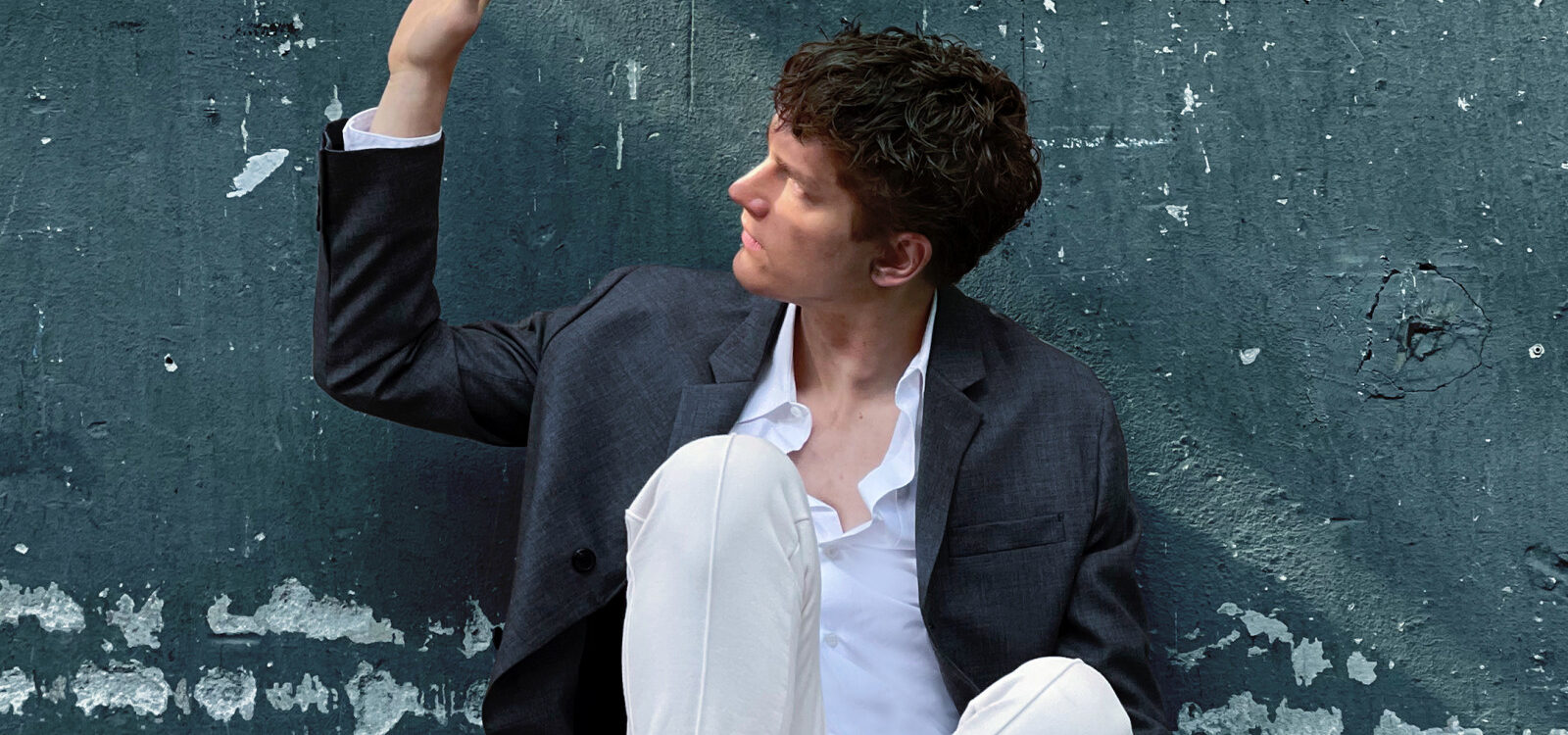
Jan Lisiecki
Jan Lisiecki’s interpretations and technique speak to a maturity beyond his age. At 28, the Canadian looks back on a career encompassing a decade and a half on the world’s greatest stages, on which he performs over a hundred concerts a year.
Lisiecki works closely with the most eminent conductors and orchestras of our time. This season sees his debut with the Berlin Philharmonic as well as a recital in Carnegie Hall’s Stern Auditorium. He will also perform at Vienna Musikverein’s Goldener Saal, with Bamberg Symphony and Manfred Honeck, and will play complete cycle of all five Prokofiev concertos over the next two seasons.
In June, he concluded a season as Artist in Residence both at Hamburg’s Elbphilharmonie and Cologne Philharmonie. His last recital programme, with which he concluded the Elbphilharmonie residency, was celebrated in over 50 cities around the globe, including at Konzerthaus Vienna’s Main Hall, Chicago Symphony Hall, La Scala in Milan, Seoul Arts Center and in São Paulo.
Recent return invitations include the New York Philharmonic, Cleveland Orchestra, Boston Symphony and Chicago Symphony, as well as Orchestre de Paris and Staatskapelle Dresden. Lisiecki is a fixture at major summer festivals across Europe and North America, has performed at the Salzburg Festival and made his third appearance at the BBC Proms in July.
Jan Lisiecki was offered an exclusive recording contract by Deutsche Grammophon at the age of 15. Since then, he has recorded nine albums which have been awarded with the JUNO Award, ECHO Klassik, Gramophone Critics’ Choice, Diapason d’Or and Edison Klassiek.
At eighteen, he received both the Leonard Bernstein Award and Gramophone’s Young Artist Award, becoming the youngest ever recipient of the latter. He was named UNICEF Ambassador to Canada in 2012.
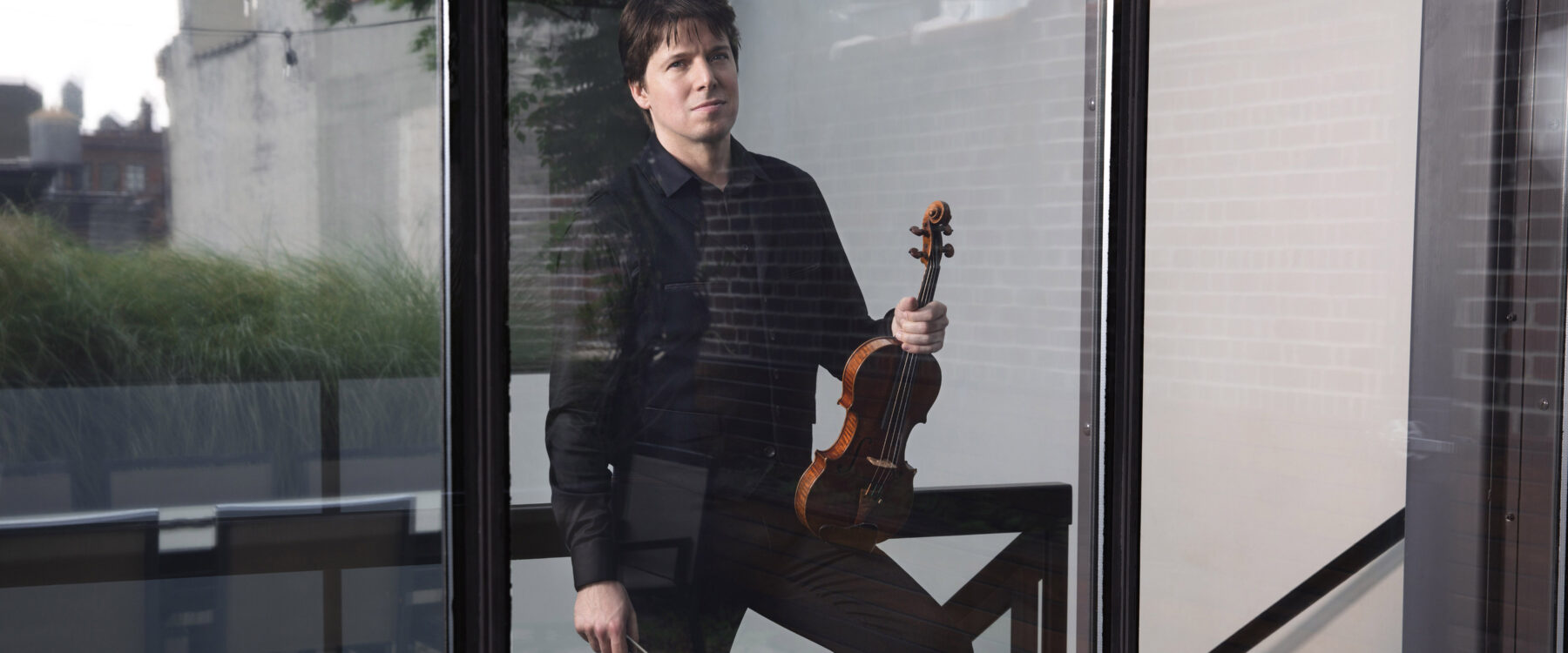
Joshua Bell
With a career spanning almost four decades, GRAMMY® Award-winning violinist Joshua Bell is one of the most celebrated artists of his era. Bell has performed with virtually every major orchestra in the world, and continues to maintain engagements as a soloist, recitalist, chamber musician, conductor and as the Music Director of the Academy of St Martin in the Fields.
Bell’s highlights in the 2023-24 season include an international tour of his newly-commissioned project, The Elements, featuring works by renowned composers representing each of the five elements. Composers include Jake Heggie (Fire), Jennifer Higdon (Air), Edgar Meyer (Water), Jessie Montgomery (Space), and Kevin Puts (Earth). The work will receive its premiere performances with the Elbphilharmonie Hamburg, Hong Kong Philharmonic, New York Philharmonic, Chicago Symphony Orchestra, and Seattle Symphony Orchestra. Bell will also release his new album on Sony Classical, Butterfly Lovers, in summer 2023. The record features the Butterfly Lovers Violin Concerto by Chen Gang and He Zhanhao, newly arranged for a traditional Chinese orchestra conducted by Tsung Yeh. Bell will also lead the Academy of St Martin in the Fields on tour in Australia and throughout the United States. Bell appears as artist-in-residence this season with the NDR Elbphilharmonie, and as guest artist with the New Jersey Symphony, National Symphony Orchestra, Atlanta Symphony, Chamber Orchestra of Europe, Philadelphia Orchestra, San Francisco Symphony and more.
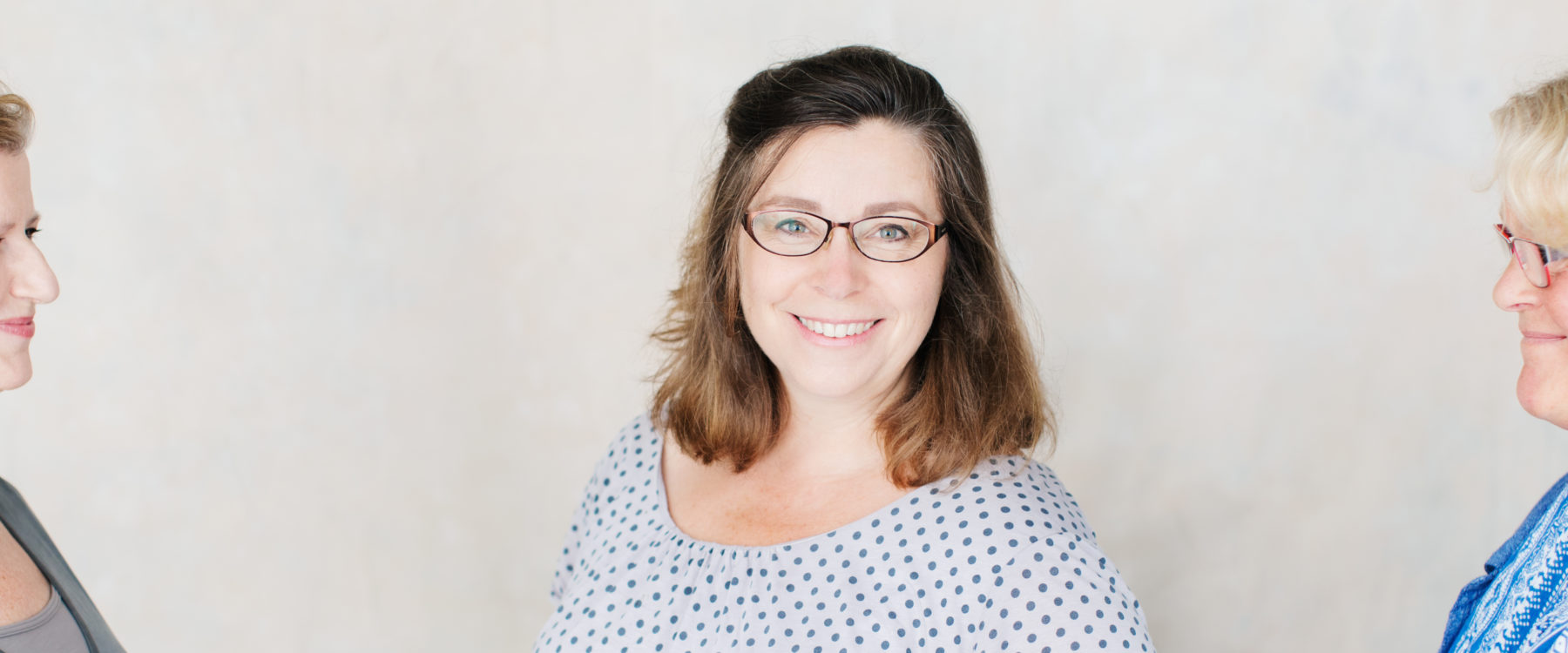
Lucy Gould
Lucy Gould has been a member of the Chamber Orchestra of Europe since 1996 where she holds the position of principal 2nd violin. One of the first times that Lucy heard the COE was at the Barbican, in London, when she was only 21. Their performance of the Dvorak Serenades left a strong impression on her and it was then that she decided to become part of the COE.
Whilst studying at the Royal Academy of Music with Gyorgy Pauk, Lucy formed the Gould Piano Trio. The trio was chosen for the Rising Stars scheme in 1998, performing in many of the great concert halls from Carnegie Hall to the Concertgebouw and has an extensive and varied discography. Many of these recordings have been selected as Chamber Disc of the month/Editor’s choice in the BBC music and Gramophone magazines. As a guest leader, Lucy has appeared with many of the British orchestras and very much enjoys the varied repertoire she has played on these occasions. She teaches at the Royal Welsh College of Music and Drama in Cardiff where she lives with her husband, the clarinettist Robert Plane, and their three children, Florence, Rufus and Iris.
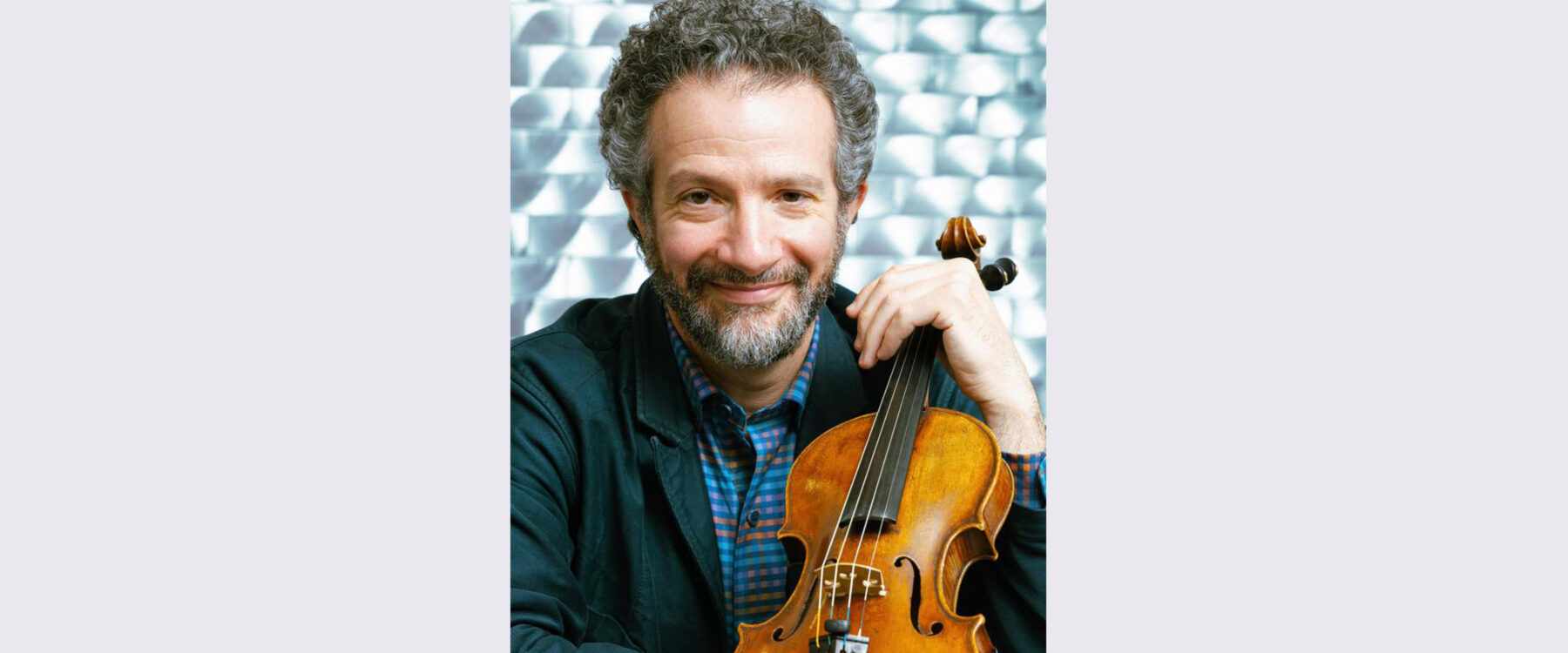
Steven Copes
Violinist Steven Copes leads a diverse and enthusiastic musical life as soloist, chamber musician and orchestral leader. He joined the Saint Paul Chamber Orchestra as Concertmaster in 1998, and since then has led the SPCO from the first chair in many highly acclaimed, eclectic programs. He appears frequently as soloist with the SPCO, having performed concerti by Bach, Beethoven, Berg, Brahms, Hartmann, Hindemith, Kirchner, Korngold, Lutoslawski, Martin, Mendelssohn, Mozart, Piazzolla, Prokofiev, Schnittke and Weill. In addition, he has performed as soloist with the Philharmonia Orchestra of London, the Colorado Symphony, Pro Arte Chamber Orchestra in Boston, the Sao Paolo State Symphony, the Orlando Philharmonic, The Knights, and the Mexico City Philharmonic.
A zealous advocate of the music of today, he gave the world premiere of George Tsontakis‘ Grammy-nominated Violin Concerto No. 2 (2003), which won the 2005 Grawemeyer award and has been recorded for KOCH Records, and also gave the NY premiere of Lutoslawski’s Subito (1992) for Violin and Piano. In June of 2017 he gave the World Premiere of Pierre Jalbert’s Violin Concerto with Thomas Zehetmair conducting the SPCO. He performed John Novacek’s Four Rags with the composer on NPR’s Prairie Home Companion with Garrison Keillor, and has also appeared on the PBS series Now Hear This.

Miklos Perenyi
We first encountered Miklós Perényi in 2018 in Lucerne in the context of a concert funded by the Ernst von Siemens Musikstiftung, which supports contemporary classical music. On this occasion, we performed György Kurtág’s Double Concerto (op. 27/2) with hungarian pianist Zoltán Fejérvári and Miklós, who was also involved in the actual world première of the piece in 1990 at the Alte Oper in Frankfurt.
Born in Hungary, Miklós Perényi is recognised as one of the greatest cellists of his generation. He began cello lessons at the age of five with Miklós Zsámboki and gave his first concert in Budapest at the age of nine. He went on to study with Enrico Mainardi in Rome and Ede Banda in Budapest, and in 1963 became a prizewinner at the International Pablo Casals Cello Competition in Budapest. In 1974 he joined the faculty at the Franz Liszt Academy where he has held a professorship since 1980. He was honoured with the Kossuth-Prize in 1980 and the Bartók-Pásztory-Prize in 1987.
Miklós has appeared in the world’s major musical centres, performing regularly around Europe, in Japan and China and in North and South America. His festival engagements have included Edinburgh, Lucerne, Prague, Salzburg, Vienna, Hohenems, Warsaw, Berlin, Kronberg, and the Pablo Casals Festival in Prades, France.
With a repertoire ranging from the 17th century to the present, he appears as a soloist with orchestras, in solo and duo recitals and in chamber ensembles. Beyond performing and teaching, he also devotes his energies to composition of works for solo cello and for instrumental ensembles of various sizes.
Among his closest colleagues is the pianist András Schiff, with whom he has appeared at the Schubertiade Schwarzenberg, the Edinburgh Festival and the Ruhr Festival. Recently, the duo played at Cologne’s Philharmonie, the Schwetzingen Festival, London’s Wigmore Hall and the 92nd Street in New York.
Miklós is the Royal Northern College of Music’s Haworth International Chair in Cello.
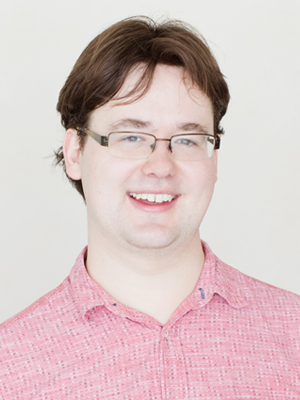
Ben Gilmore
Benjamin Marquise Gilmore studied with Natalia Boyarskaya at the Yehudi Menuhin School and with Pavel Vernikov in Vienna, and later with Julian Rachlin and Miriam Fried. During this time he won prizes at the Oskar Back, Joseph Joachim and Salzburg Mozart competitions, and became a member of the Chamber Orchestra of Europe.
Benjamin is currently concertmaster of the London Symphony Orchestra and has appeared as soloist and director with the Philharmonia, Scottish Chamber Orchestra and the Camerata Salzburg. He is a passionate chamber musician and often collaborates with members of the SCO and Philharmonia, and has performed at festivals such as Kuhmo, Prussia Cove and Ravinia.
Benjamin’s father was the musicologist Bob Gilmore and his grandfather is the conductor Lev Markiz. He is married to Hannah Shaw, a violist, and enjoys cooking and cycling, in both of which disciplines he makes up in enthusiasm what he lacks in proficiency.